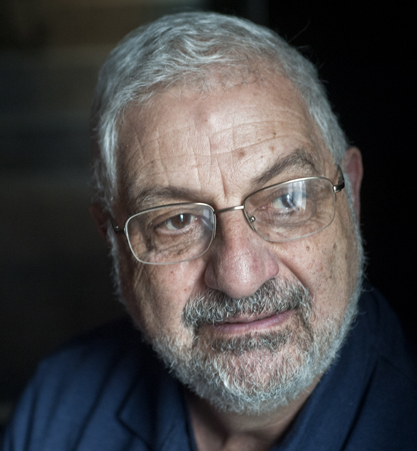Lessons from the plague
Sitting at home, working from home, is a privilege, and it gives us time to reflect on what is happening around us. The view from our window is not merely to the street, but far beyond, to the globe, for we all across the world are in this pandemic together. Thinking about the present moment with an eye to the future, we can begin to make some judgments about what we are learning from this catastrophe. In this short essay, I want to share with you the lessons that a sedentary historian locked up in his home has come up with.
The first lesson is that class matters. This deadly virus coursing through the world at first appeared to be the great equalizer: anyone anywhere could become sick. But later it became clear that it was also the great unequalizer. The virus has exposed the deep inequalities that exist in each society and between different societies and made them worse. The poor get sick more often and die more frequently. In the United States the disease has devastated the inner cities, like in Detroit near my home in Ann Arbor; it has ravaged Black, Hispanic, and other minority families. The virus has brutally attacked those who cannot work from home: the service workers, bus drivers, grocery clerks, and health-care personnel.
The second lesson is that the virus can bring out the worse in people. Selfish, egotistic behavior is rewarded, and ignorance is encouraged. There are some who ruthlessly exploited the possibility brought on by the crisis to hoard needed goods, to make a quick buck, and to take advantage of the most vulnerable people in society. Undemocratic leaders have used this opportunity to increase their power, even endangering their own people by broadcasting optimistic and false messages about the power of the virus, underestimating the number of victims in order to divert attention from their own failures to combat the disease forcefully from its first appearance. Blame is projected on others – on China, on the political opposition, and on the critical media. Misinformation itself becomes a kind of virus, a disease that spreads misdirection, undermines truth, and mobilizes the most gullible parts of the population. In my own state of Michigan people march with guns into the State Capitol building to protest the governor’s rules for preventing the further spread of the virus.
The third lesson is more encouraging. The virus has also brought out the best in people: selflessness, a willingness to socially distance, wear masks, help those who cannot help themselves, serve in hospitals even when endangering oneself. Truly humane and socially responsible action has occurred simultaneously with the most venal and self-centered behaviors. This lesson has far-reaching meaning: no sensible arguments can be made from a simple claim about human nature, for human nature explains the broad range of human choices from the most malevolent to the most benevolent. Individuals and groups make their own choices how to act and react, to reason and make wise decisions or follow the mob. What we have learned is that we are capable of conquering our worse instincts, our fears about the future, and think about the common good.
The fourth lesson is that we need good, responsible, democratic government. We can no longer tolerate the luxury of incompetence and self-aggrandizement at the top. In contrast to those who have propelled themselves into power, ordinary people have on the whole been making good choices. But they need the opportunities and information to make rational, enlightened, well-informed decisions. The pandemic can only be conquered when people act in the interest of all, not the few, not the establishment, and not for themselves alone. This is the essence of real democracy. No democracy works without an educated, informed people. Media freedom must be protected. Science and expertise must be respected. Criticism of government must be guaranteed.
The fifth and final lesson is that the major goal of our present moment, what is desperately needed for democracy to flourish and government to be responsive to the people, is greater equality. The world has long been experiencing a growing polarization between the top and bottom of society, with the middle being squeezed out. The pandemic has shown us how this health crisis is fundamentally a conflict between classes, between those who have too much and those who do not have enough. The have-nots are deprived, not only of the means of survival, but of what they need to make free choices about their lives. If the pandemic has forced us to recognize that democratic, responsive government is essential for survival, that thinking of the common good is inescapable, then ordinary people have to have the means to participate fully in the choices that determine their lives. Democracy works poorly when the privileged can buy elections, disproportionately influence the press and mass media, and manipulate the organs of justice and government to their own advantage.
Someone said a serious crisis should not be wasted. It is an opportunity to think about what might be possible in the near future to make us safer, stronger, and happier. Perhaps it takes a pandemic to change people’s minds and ways of behaving. Left floundering in a sea of virus, we all realize that we need government to bring back some kind of normality. Wishful thinking and markets left to themselves will not do it. The question is: will it be a new normal – more democratic and egalitarian, more socially just and better informed – or will it be a return to the status quo ante that allowed a germ from a city far away to turn the world upside down?



